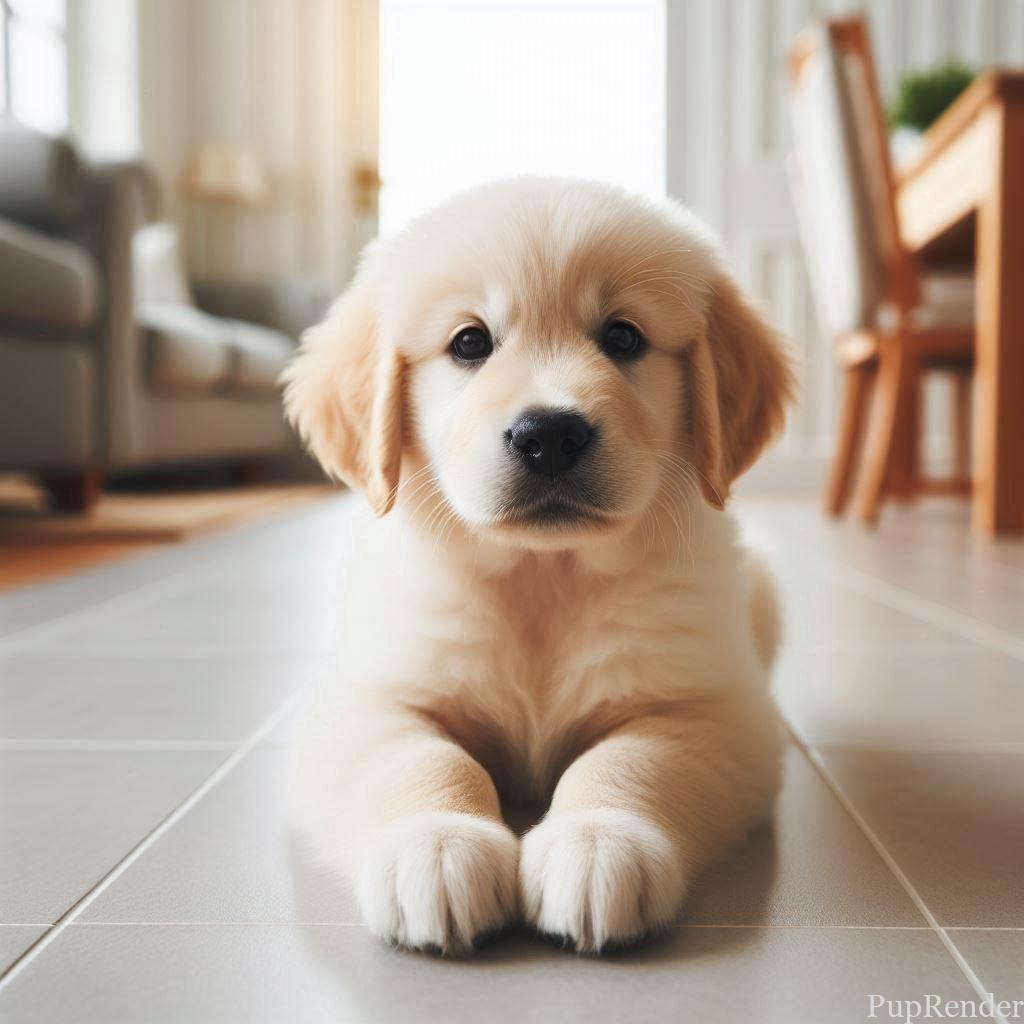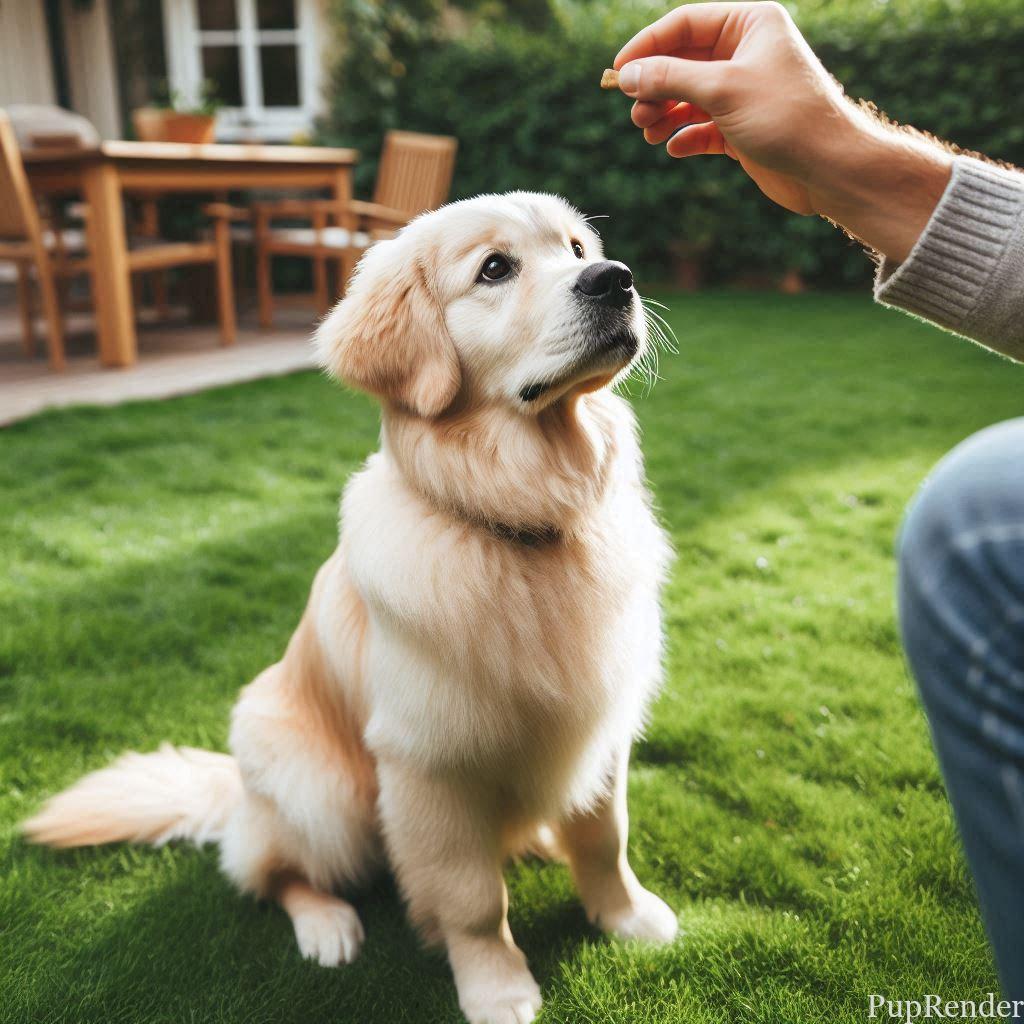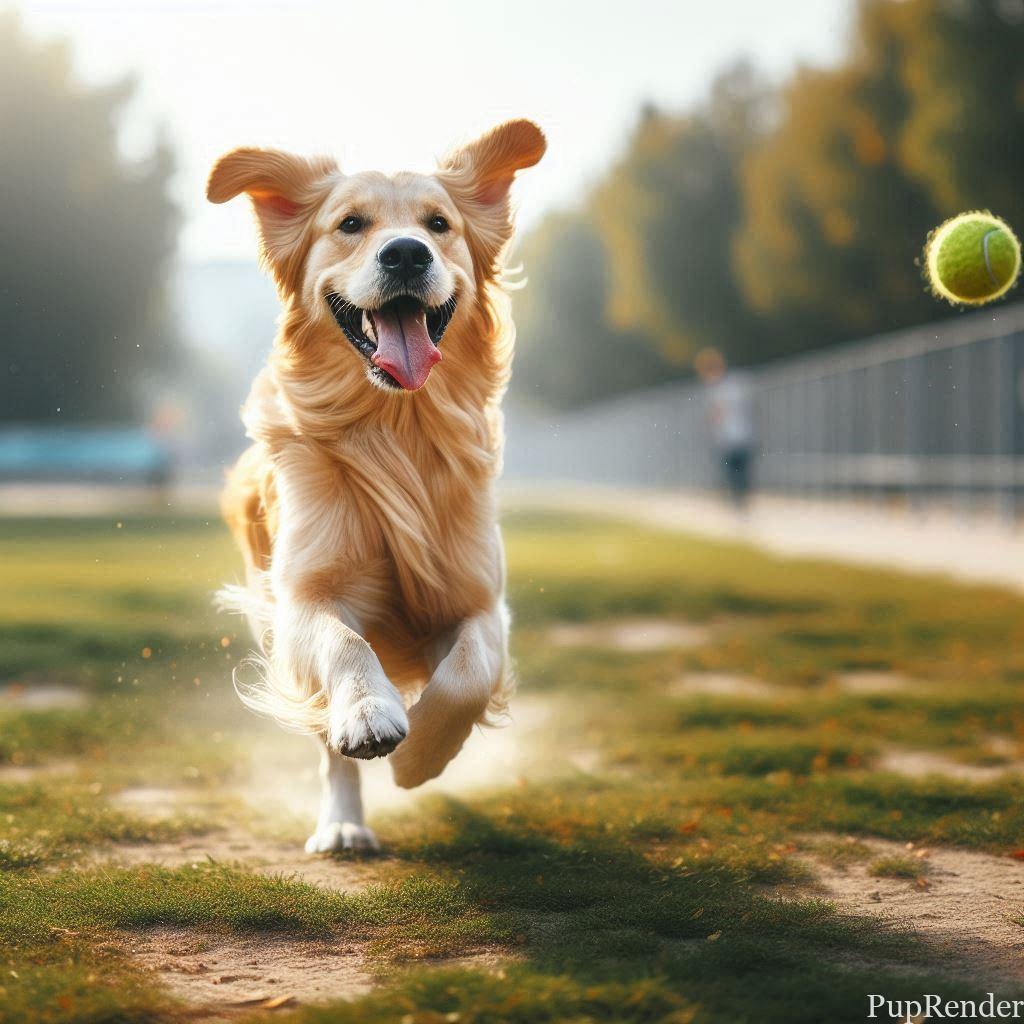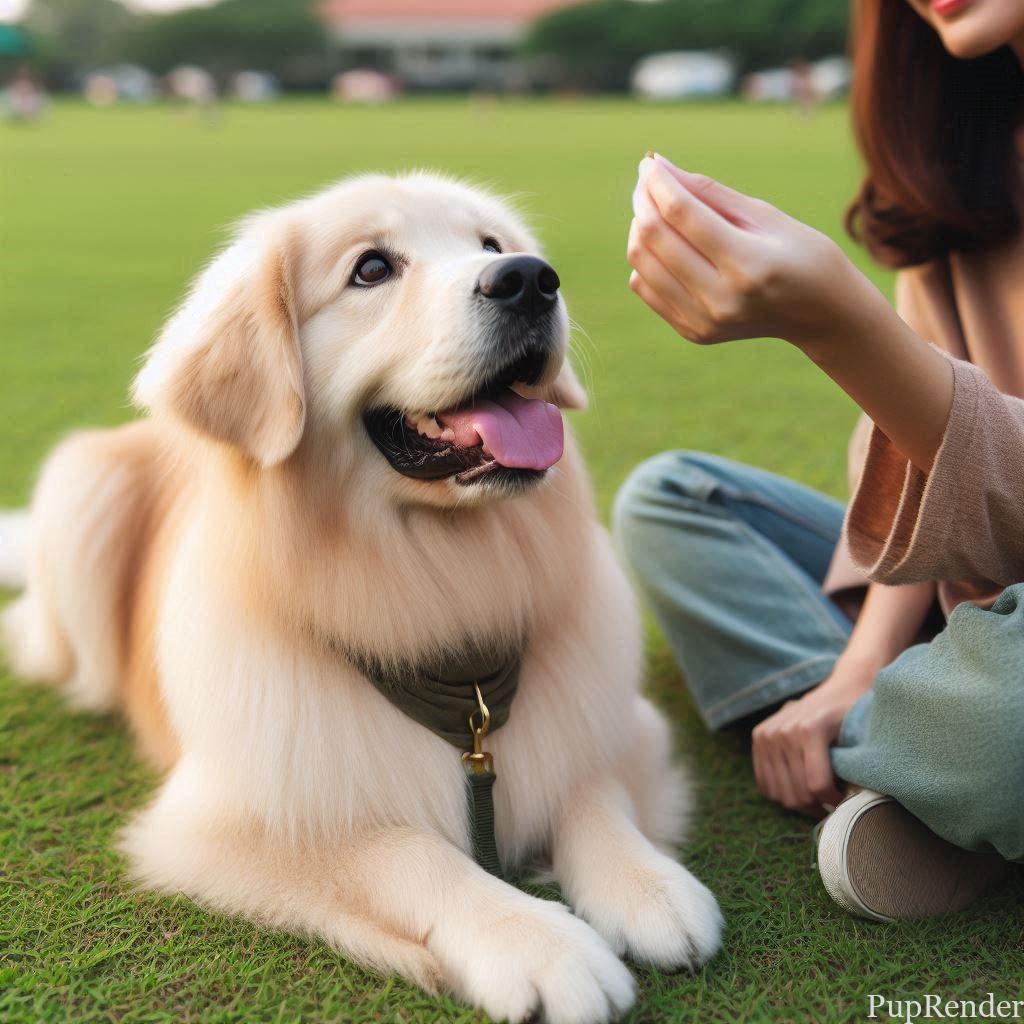How to Help Your Dog Cope with Changes in Routine
Changes in routine can be tough on your dog. Whether it’s a shift in your work schedule, a move to a new home, or introducing new family members, dogs thrive on consistency. Disruptions can cause stress and anxiety, but with the right strategies, help your dog cope with changes in routine and adapt smoothly. Here’s how to support your furry friend through these transitions.

Understand How Routine Changes Affect Your Dog
Dogs are creatures of habit, and any sudden changes can cause confusion. Whether you’re adjusting your work hours, introducing a new pet, or moving to a new house, it’s important to understand how these shifts impact your dog emotionally and behaviorally.
If your dog has been showing signs of anxiety, such as excessive barking or destructive behavior, these could be indicators that your dog is struggling with the adjustment. For more tips on how to recognize and manage anxiety in dogs, check out our blog post on How to Recognize Signs of Anxiety in Dogs.
Slowly Introduce New Routines
One of the best ways to help your dog adjust to a new routine is by introducing changes gradually. For example, if you’re starting a new job with longer hours, begin leaving your dog alone for short periods and gradually extend the time.
Create a Consistent Environment
Consistency is key for helping dogs feel secure. Even when your schedule changes, try to maintain a predictable environment for your dog. Stick to the same feeding times, walk schedules, and playtime routines. If you’re looking for more tips on creating a dog-friendly environment, you can learn more in our article How to Create a Safe Space for Your Dog at Home.
Use Positive Reinforcement
When introducing new elements to your dog’s life, like a new family member or a different walking route, always use positive reinforcement. Treats, praise, and affection go a long way in helping your dog associate changes with positive experiences. You can explore more about the benefits of this approach in our blog post on Essential Training Tips for Every Dog Breed.

Make Time for Extra Exercise
Physical activity is a natural stress reliever for dogs. If your dog’s routine has been disrupted, giving them extra time to burn off energy can help reduce anxiety. Try adding an extra walk or more playtime during the day. You can also read our guide on Top 5 Dog Breeds for Active People for more insights on the best activities for high-energy dogs.

Monitor Your Dog’s Behavior
Changes in routine can cause some dogs to develop behavioral issues, like excessive barking or chewing. It’s essential to monitor your dog’s behavior and consult a vet or professional trainer if the issues persist. You can read more about managing dog behavioral issues in our post on The Most Common Dog Behavioral Problems and Solutions.
Comfort Items and Safe Spaces
Provide comfort items, such as your dog’s favorite blanket or toy, and create a safe space where they can retreat if they feel stressed. Safe spaces are especially important when routines change suddenly. For more information on this topic, you might find our article on How to Help Your Dog Adjust to a New Home helpful.
Seek Professional Guidance When Needed
If your dog seems to be struggling significantly, don’t hesitate to seek professional help. Consulting a vet or dog behaviorist can help address any issues early. For additional resources, check out American Kennel Club for expert advice on canine behavior.

Helping Your Dog Through Routine Changes
Routine changes don’t have to be stressful for your dog. With gradual introductions, consistency, exercise, and positive reinforcement, your dog will adapt in no time. Remember, patience is key. If your dog is struggling, reach out to a professional for additional support.
For more ways to bond with your dog during transitions, visit our post on 5 Ways to Bond with Your Dog.





